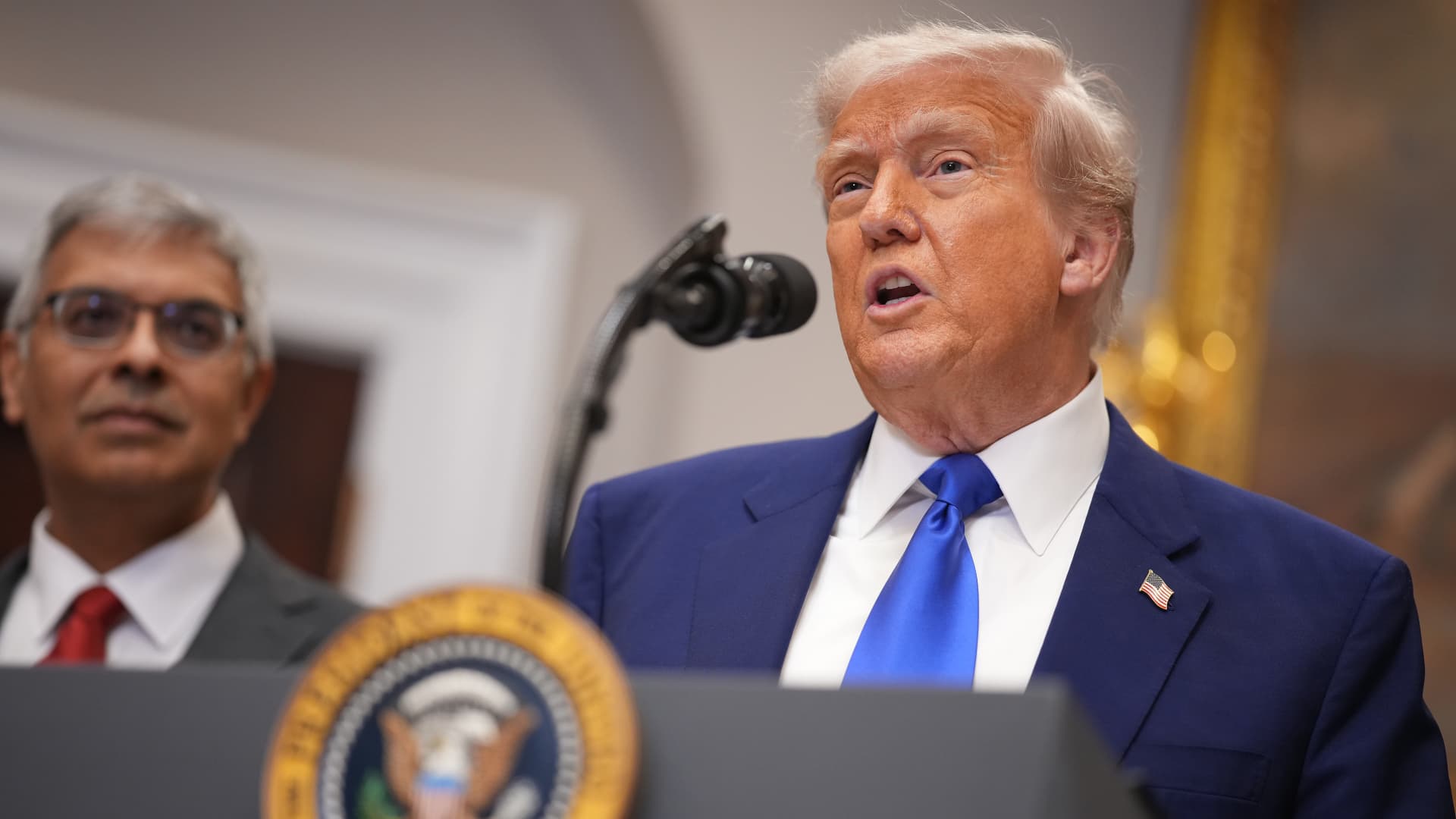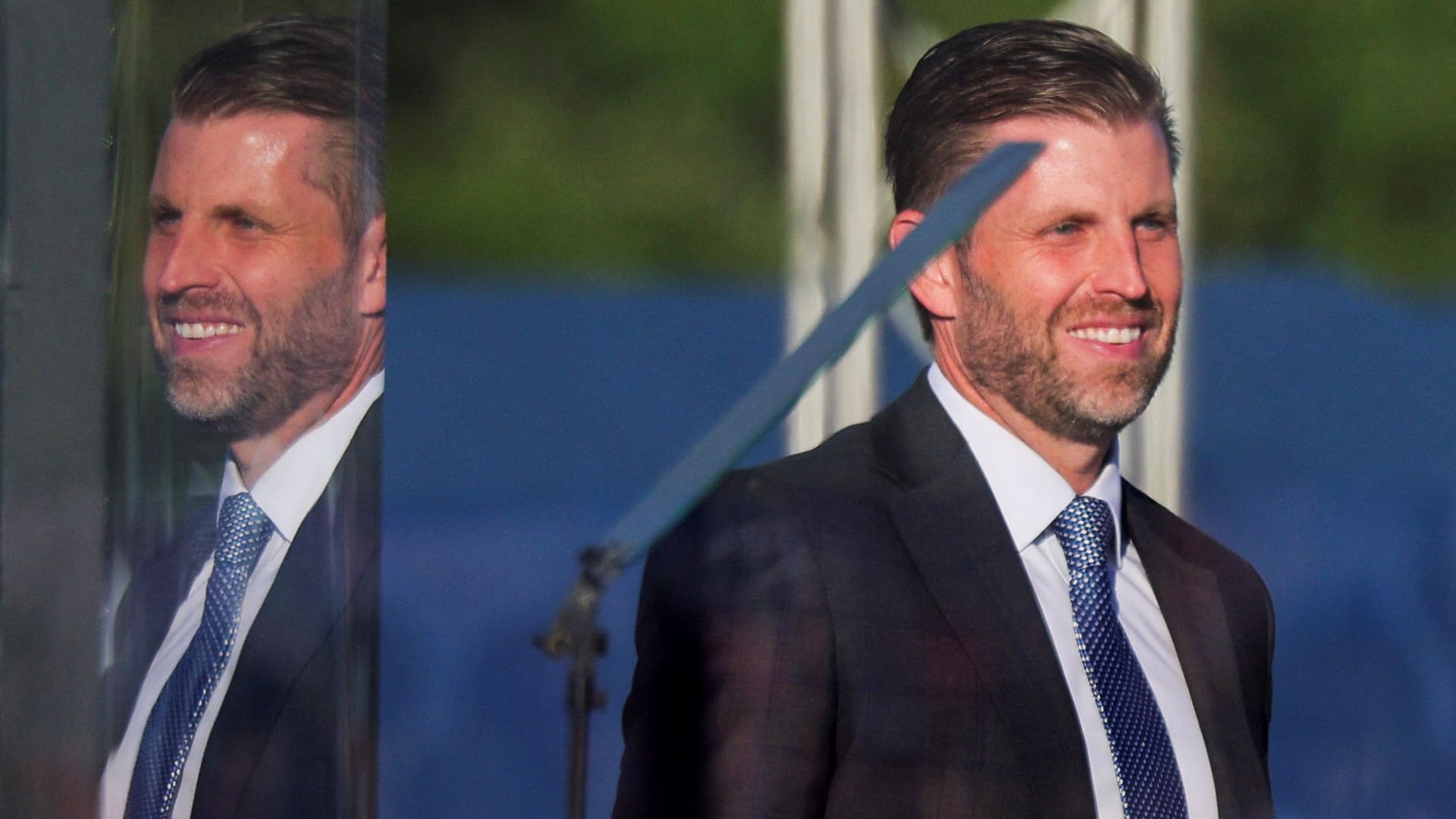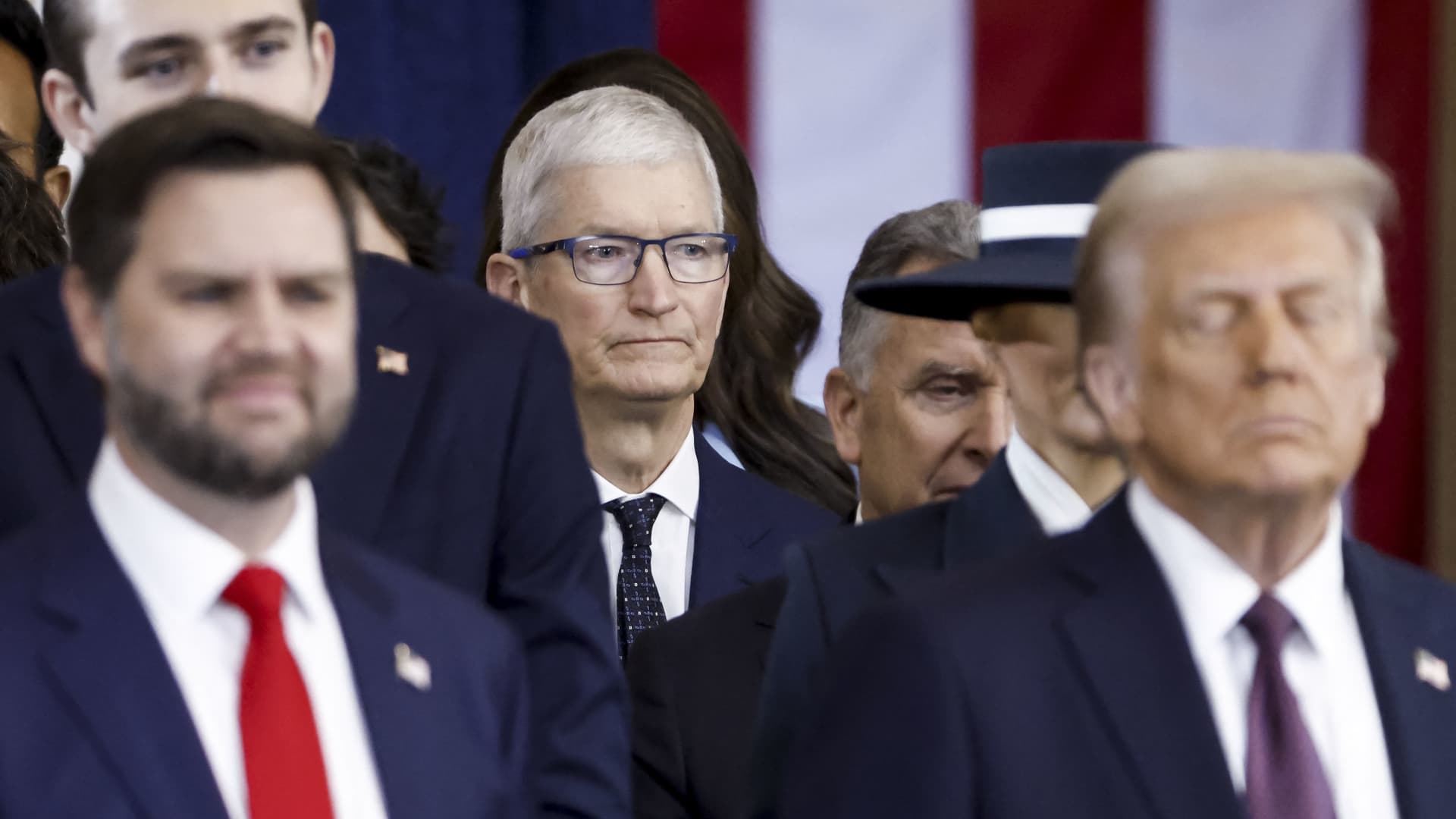Now Reading: Trump wants to slash U.S. drug prices with ‘most favored nation’ policy – here’s what to know
-
01
Trump wants to slash U.S. drug prices with ‘most favored nation’ policy – here’s what to know
Trump wants to slash U.S. drug prices with ‘most favored nation’ policy – here’s what to know

President Donald Trump, accompanied by National Institutes of Health (NIH) Director Jay Bhattacharya, held a press conference at the White House in Washington, DC, on May 12, 2025.
President Trump took steps on Monday towards reducing drug costs in the U.S. by tying them to prices paid in other developed countries, a move that experts believe will be challenging to enforce. He signed an executive order instructing federal agencies to push for lower prices through a “most favored nation” policy, aiming to align U.S. drug prices with lower rates abroad.
While the specific medications affected were not disclosed, the order is expected to impact both the commercial market and federal programs like Medicare and Medicaid. Trump’s earlier attempt at a similar policy faced legal hurdles from the pharmaceutical industry.
The disparity in drug prices between the U.S. and other nations has long been a concern, with prices in America often two to three times higher on average. Trump claimed the new policy could reduce prices by up to 80%, although experts remain uncertain about its impact on patients and the industry.
The policy targets international drug pricing practices, but experts question the feasibility of forcing other countries to adjust their prices. The order also outlines measures to allow patients to purchase drugs directly from manufacturers at “most favored nation” prices and sets reduction targets for drugmakers, with potential penalties for non-compliance.
While the pharmaceutical industry has raised concerns about the impact on profits and research, the administration’s proposed actions may not have an immediate effect on drug prices. Alternative approaches, such as utilizing Medicare’s negotiation power to set drug prices, could offer a more feasible solution.
In conclusion, Trump’s efforts to address exorbitant drug costs face challenges in implementation and may require further refinement to achieve significant reductions in prices for American consumers.






